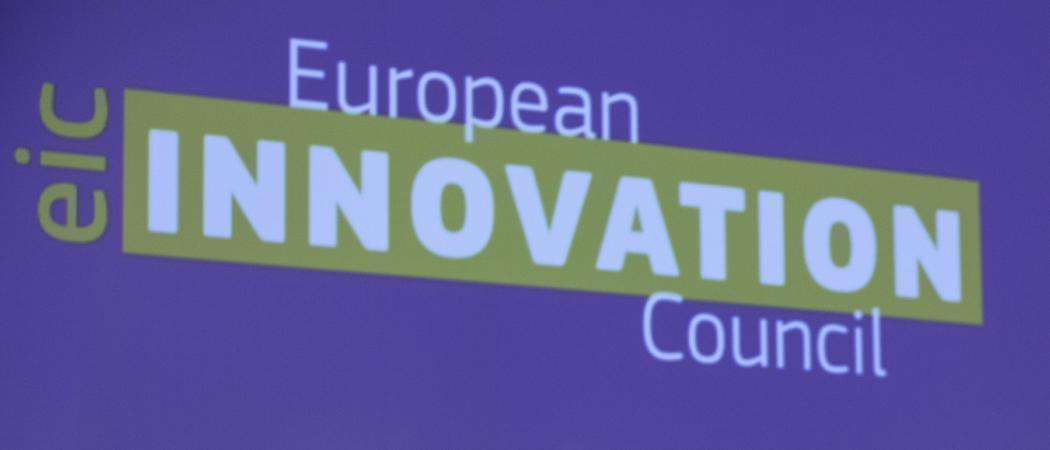European Innovation Council launches new portal for Accelerator submissions


Start-ups can once again start applying for grants and equity funding from the European Innovation Council (EIC) Accelerator after a new submissions portal was set up for stage one of the process.
The EIC abruptly shut down the bespoke submission platform for its Accelerator start-up programme in June, citing “a contractual dispute” with the company that ran it.
That meant the EU SMEs Executive Agency, which manages the EIC, could not receive any new applications from start-ups for an entire month.
The new platform isn’t a permanent solution, as it only supports the first stage of the application process, in which start-ups submit a short form, slide deck and video pitch.
The second stage, in which companies that pass the first round are invited to put forward a much longer and more detailed proposal, has been transferred to the EU’s funding and tenders opportunities portal that is used to submit applications for most other programmes financed by the EU’s €95.5 billion Horizon Europe research fund.
In order to move the second stage over to the opportunities portal, the EIC has had to restructure its application forms to fit the traditional R&D grant proposal format, causing headaches for applicants just days before the June deadline for submissions to the Accelerator.
Custom made
The axed submissions platform was custom-made to support Horizon Europe’s €1 billion a year start-up funding scheme, but had few fans. Companies and grant writers complained about technical issues, the complexity of the form, and a lack of integration/interoperability with other widely used platforms.
It was developed a French company The Innovation Loop, set up in 2017 by Marc Loher, a former research and innovation consultant, who previously worked for the Commission’s research directorate.
Last December, The Innovation Loop signed a contract, worth €8 million (potentially to be upped to €16 million), to continue developing and growing the platform. This is when it all went south. By February, the project was stalling and a suspension of the contract was allegedly requested by the Commission.
Sources in the Commission suggest internal politics and a power struggle between the Commission and the agency delivering the programme were to blame. But the Commission refuses to give an official account of what transpired as the dispute could lead to a legal battle over the suspended contract.
